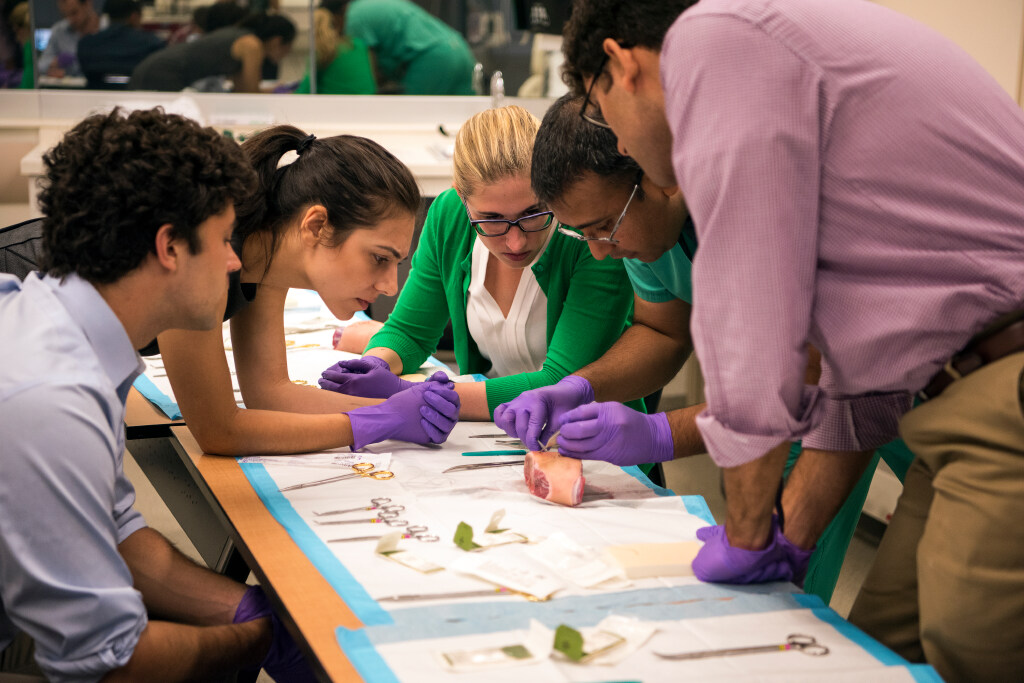
Overview
What is a Course-Based Undergraduate Research Experience? CUREs are a model of undergraduate research experiences that actively engage students in an original research, inquiry project, or creative contribution to the discipline that is an integral component of their education and leads to a deliverable accessible to stakeholders. Thus, CUREs exemplify research as an iterative, ongoing, and collaborative process addressing unresolved problems or unanswered questions (ACRL).
Benefits of CUREs for Students
- Students gain knowledge in course content and research technical skills.
- Students demonstrate gains in communication, organization, time management, and information literacy.
- Students gain confidence and self-efficacy.
- Students get exposed to and explore new and exciting career opportunities.
Benefits of CUREs for Instructors
- Instructors advance their skills in developing instructional materials, incorporating active learning strategies, and managing research projects.
- Instructors advance original research with a timeline for completion.
- Instructors can develop relationships with new researchers and recruit students for internships and other opportunities.
Incorporating CUREs Into Your Classroom
Introduction to CUREs: Teaching & Learning Resource Center
The Teaching & Learning Resource Center helps Ohio State educators enhance their teaching skills and support student success.
Learn more about CUREs here: Bringing Research into Your Classroom
Developing CUREs: Endorsement through the Michael V. Drake Institute for Teaching and Learning
Bringing research into the classroom: Practical steps for developing course-based undergraduate research experiences (CUREs)
The purpose of this endorsement is to guide instructors through the development of a Course-based Undergraduate Research Experience. The main goals of the endorsement are to (1) introduce instructors to bringing research into the classroom, (2) share best practices from the pedagogical research literature, and (3) help instructors design the structure of their research course including learning goals, course schedule, tutorials, assignments, grading policies, and rubrics. Upon completion of the endorsement, participants will have a complete syllabus for their class in addition to many elements of the course content itself. Although asynchronous and fully online, the program is strongly interactive. Indeed, throughout the program, participants will be asked to complete a number of activities.
Find more information about enrolling here: Developing CURE's
A CURE for Everyone: A Guide to Implementing Course-based Undergraduate Research Experiences
This guide, written by Dr. Jonathan Calede during his term as a faculty fellow with UR&CI, reviews the literature on CUREs, draws from Dr. Calede's experience developing and teaching CUREs, and presents original data from a survey of instructors at the Ohio State University. The main goal of this publication is to be a practical guide for instructors who wish to develop and implement this type of High-Impact Practice in their course.
Access the pressbook here: A CURE for Everyone
Additional Resources from University Libraries
Ohio State University Libraries offers additional resources to help instructors develop their students' research and information literacy skills, as well as resources around meaningful inquiry activities and assignments. They also frequently host events exploring these topics.